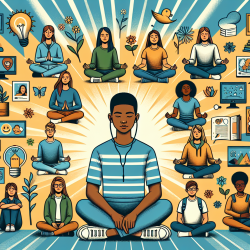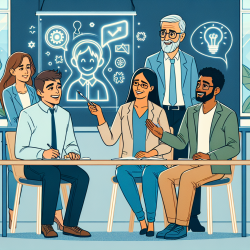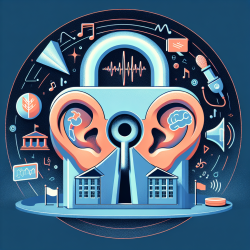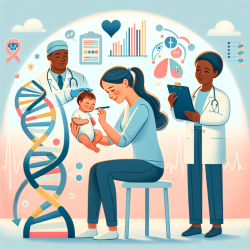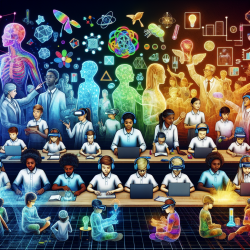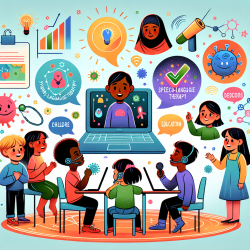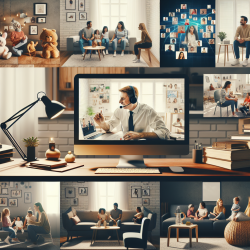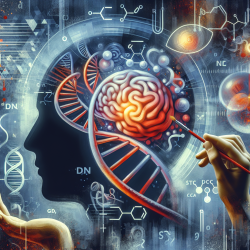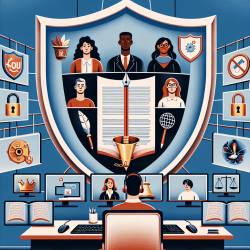The integration of mindfulness-based practices into daily routines is a global trend that has been gaining momentum due to its proven benefits for physical and mental well-being. However, resources tailored specifically for individuals with learning disabilities remain limited. Addressing this gap, Bangor University and the North Wales Learning Disability Transformation Programme have developed a comprehensive Mindfulness Toolkit. This resource aims to provide families, professionals, and individuals with learning disabilities practical tools to support their well-being.
The Development of the Toolkit
This innovative Toolkit was created with the support of Gwynedd Council and Conwy County Borough Council as pilot sites. The collaboration involved multi-agency professionals and included an 8-week course for frontline workers. The goal was to ensure the Toolkit could serve as a social prescription tool or be incorporated into individualized care plans.
Understanding Mindfulness
Mindfulness involves being present and aware of one's thoughts, feelings, and bodily sensations without judgment. For individuals with learning disabilities, mindfulness can be particularly beneficial in fostering self-awareness and emotional regulation. The Toolkit offers exercises designed to help users anchor their attention on the present moment through breathing techniques and sensory activities.
Key Mindfulness Practices
- Breathing Exercises: Techniques such as finger breathing or belly breathing help users focus on their breath as an anchor.
- Sensory Activities: Engage with everyday objects mindfully to enhance sensory awareness and presence.
- Meditative Visualizations: Practices like imagining waves or mountains can help calm the mind.
The Benefits of Mindfulness for Learning Disabilities
The practices included in the Toolkit are designed to be flexible and adaptable to individual needs. By focusing on what is happening in the moment, users can reduce stress, anxiety, and negative thought patterns. This approach encourages a shift from 'autopilot' mode to active engagement with one's surroundings and emotions.
Cultivating Positive Experiences
The Toolkit emphasizes recognizing positive experiences and practicing gratitude. By training the mind to notice these moments, individuals can foster a more balanced emotional state.
Meditation and Grounding Techniques
The Toolkit also includes exercises like body scans and power on/off techniques that help users become more aware of physical sensations associated with emotions. These grounding practices are crucial for managing stress responses effectively.
Create Your Own Mindfulness Tools
- Glitter Jar: A visual tool representing how thoughts settle over time.
- Bubbles: Watching bubbles float can symbolize mindful breathing and awareness.
The Toolkit encourages creativity in adapting these practices to suit personal preferences and sensory needs.
A Comprehensive Approach to Well-being
This Mindfulness Toolkit provides a holistic approach to supporting individuals with learning disabilities. By integrating mindfulness into care plans or daily routines, it promotes self-care, emotional resilience, and improved overall well-being.
The Toolkit's adaptability ensures it meets diverse needs while maintaining accessibility for all users. It serves as a valuable resource for educators, caregivers, and therapists seeking effective strategies to enhance the quality of life for those they support.
